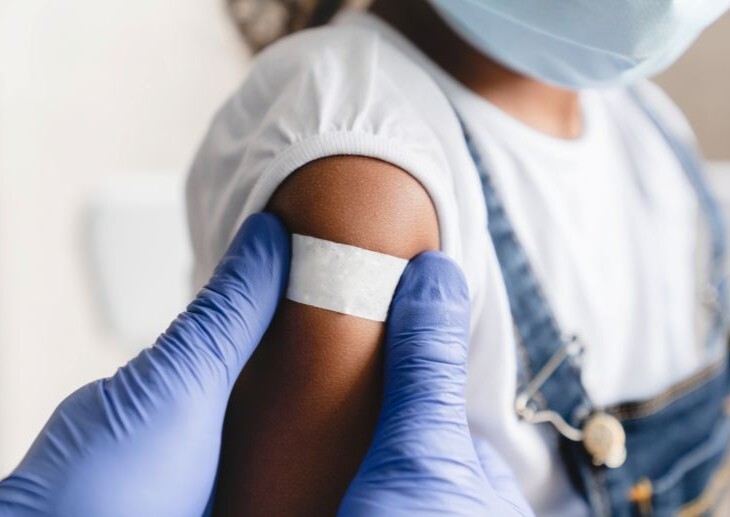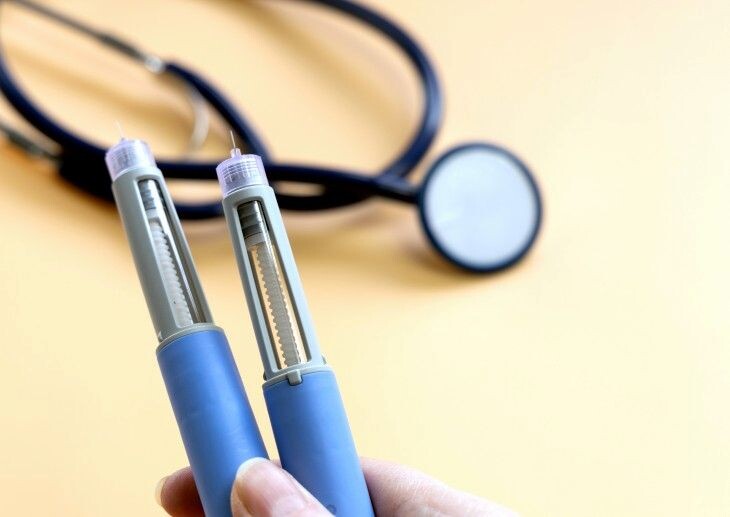Funding for prevention work should be increased and spending benchmarked across integrated care systems (ICSs) according to a review into systems published today.
The Hewitt Review: An independent review of integrated care systems recommends that a new framework and funding baseline for prevention work should be agreed by autumn this year with all systems reporting their prevention investment by 1 April 2024.
Lead by former Labour health secretary and chair of Norfolk and Waveney integrated care board (ICB), Patricia Hewitt, the review states that a consistent framework on prevention across all ICSs with a financial baseline, including the £200 million allocated to tackling health inequalities, would allow ICSs to be benchmarked against each other ‘helping to spread best practice and strengthen both local and national accountability’.
The review, first announced by chancellor Jeremy Hunt in his autumn statement, also called for a 1% increase in spending on prevention from NHS system budgets over the next five years.
Ms Hewitt says: ‘Given the constraints the nation’s finances, this is my most challenging recommendation; some ICSs will find it more difficult than others, depending on their current financial position as well as the strength of collaboration and common purpose between partners.
‘But an ambition of this kind is essential if we are to avoid simply another round of rhetorical commitment to prevention,’ adding that there was real concern that the opportunity to focus on prevention, population health and health inequalities might be treated as a ‘nice to have’ when set against more immediate pressures.
‘Prevention, population health management and tackling health inequalities are not a distraction from the immediate priorities: indeed, they are the key to sustainable solutions to those immediate performance challenges,’ Ms Hewitt states.
In response to the review Matthew Taylor, chief executive of the NHS Confederation, says: ‘The focus on prevention is crucial for long term sustainability of both the NHS and more broadly to increase health and wellbeing of the population, and something for which we have long been advocating.
‘We hope to see the government endorse and accept all of these recommendations, which are vital to the health and care system being able to meet the challenges and opportunities ahead.’
Sir Julian Hartley, chief executive at NHS Providers, says: ‘We welcome this report as it highlights how ICSs can help integrate care, forge partnerships within and beyond the NHS, and shift towards a preventative model of care,’ adding that there are concerns that recommendations such as auditing prevention spending could add ‘complexity and bureaucracy’.
The review also recommends that from April 2024 there should be around 10 ICSs that could be High Accountability and Responsibility Partnerships (HARPs) which would have fewer targets and greater financial freedoms to enable them to go ‘further and faster’ in solving immediate performance pressures.
Hewitt also suggests that Prime Minister, Rishi Sunak, could lead a national mission for health improvement bringing together government departments, to mirror the ICSs integration and ‘to change the national conversation about health, shifting the focus from simply treating illness to promoting health and wellbeing and supporting the public to be active partners in their own health’.
Adding that this should be informed by learning from overseas examples such as the Australian Health Performance Framework which is online tool that reports on the health of Australians, the performance of healthcare and the Australian health system.
The review also called for a national integrated care partnership (ICP) Forum to be established to allow for ‘a two-way exchange’ between ICP leaders and government departments and agencies, allowing ICP chairs ‘to raise matters of priority directly with ministers and officials’.
Ms Hewitt says: ‘ICSs have been born in difficult times. The answer is not simply more money, although of course that is needed, particularly in social care. Unless we transform our model of health and care, as a nation we will not achieve the health and wellbeing we want for all our communities – or have the right care and treatment available when it is needed.’






